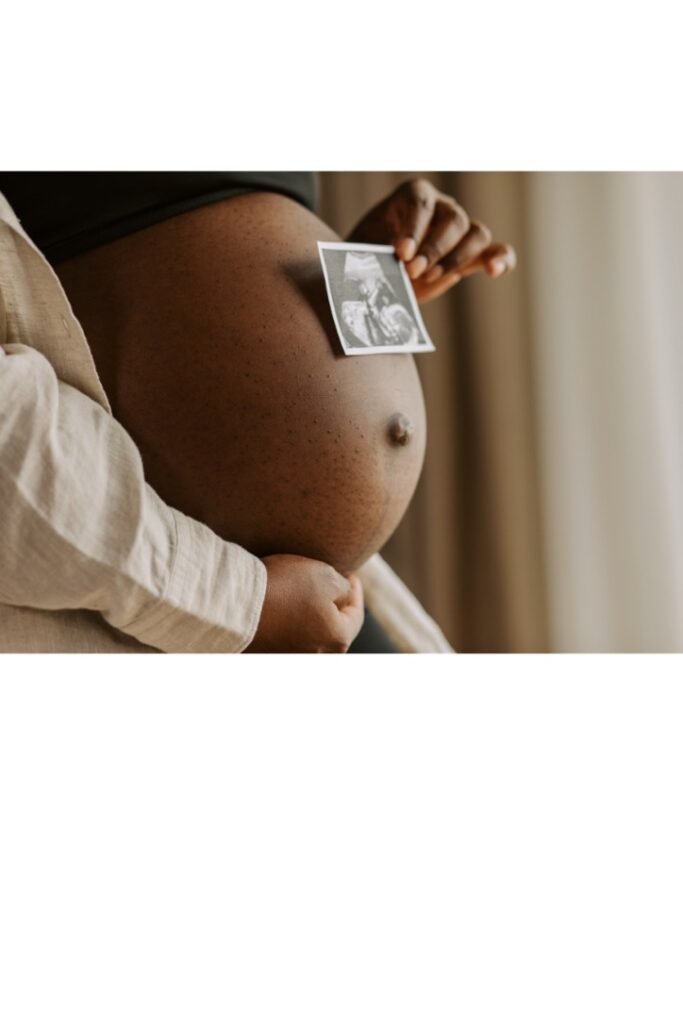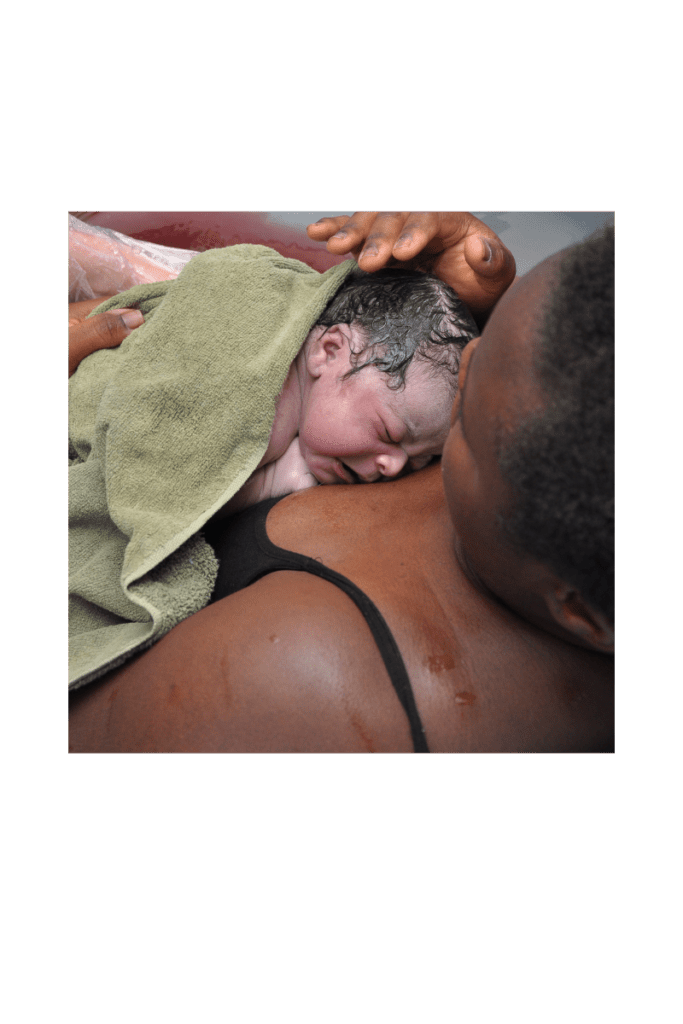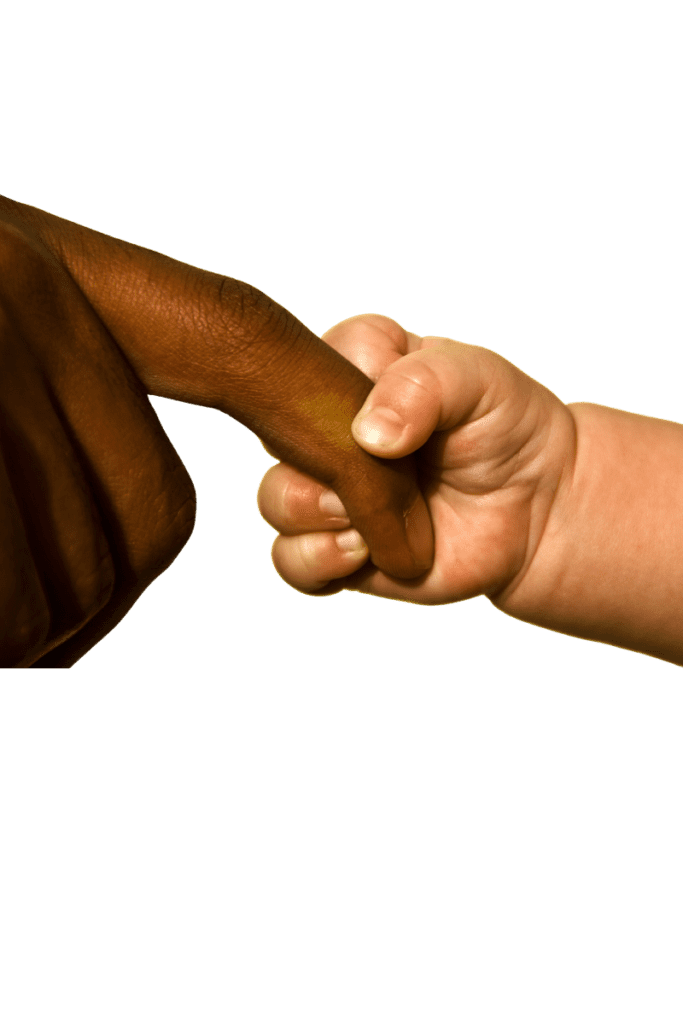
Maternal health is a critical aspect of public health, yet disparities persist. Black mothers experience unique challenges that impact their well-being during pregnancy and childbirth. When compared to white women, Black women are more than twice as likely to experience severe pregnancy-related complications. What’s more, they are nearly three times as likely to die. This increased rate of death has remained about the same since the U.S. began tracking maternal mortality rates nationally in the 1930s.
Black maternal health disparities are deeply rooted in historical injustices. These include systemic racism, implicit bias, and discrimination. Also, a history of medical mistreatment and medical exploitation has led to a justified mistrust within the Black community around healthcare-seeking behaviors.
Socio-Economic Factors
Economic disparities also play a role in black maternal health outcomes. Limited access to healthcare, education, and employment opportunities can contribute to stressors that adversely affect pregnancy. But poverty alone does not explain all racial health disparities. While some studies show improved health among Black individuals with higher income and moving to affluent neighborhoods, others indicate that Blacks do not benefit as much from socioeconomic gains as Whites, with health risks remaining high regardless of income.
Implicit Bias and Systemic Racism in Healthcare
Implicit biases among healthcare professionals can negatively impact the quality of care provided to Black mothers. Additionally, systemic racism in our healthcare systems creates disparities in access to prenatal care. This leads to delayed or inadequate medical attention.
According to Dána-Ain Davis, “Obstetric racism is a threat to maternal life and neonatal outcomes.” Obstetric racism includes critical lapses in diagnosis, being neglectful, dismissive, or disrespectful, causing pain, and engaging in medical abuse through coercion to perform procedures or performing procedures without consent. She advocates for medical professionals to engage in critical self-reflection and for legal adjustments to Title VI legislation to establish a framework of legal responsibility for implicit bias and unconscious racism.

What Can Be Done?
Training healthcare providers in cultural competence and raising awareness are essential to reduce biases and ensure fair treatment. In addition, working towards breaking down structural barriers and advocating for health equity to tackle these challenges effectively is vital.
Dayna Bowen Matthew, a University of Virginia law professor, urges medical professionals to self-reflect critically. She also advocates for legal adjustments to Title VI legislation to establish a framework of legal responsibility for implicit bias and unconscious racism.
and personalized care.
Some key focuses for advancing equity in Black maternal health include:
- Empowering communities through education and support networks.
Initiatives focusing on prenatal education, nutrition, and mental health support can contribute to healthier pregnancies and childbirth experiences.
- Advocacy for policy changes.
Policies promoting equal access to healthcare, addressing social determinants, and reducing racial bias in healthcare institutions are vital steps in the right direction.
- Embracing innovative solutions.
Telehealth, community-based care models, and technology-driven interventions can enhance access to quality prenatal care and support for Black mothers.
- Encouraging diverse representation in research studies and clinical trials.
This is essential for developing healthcare interventions catering to Black mothers’ unique needs. A more inclusive approach can lead to improved outcomes and personalized care.
Black Mothers and Babies Matter

Black maternal health disparities are a complex issue. As such, it demands a comprehensive and intersectional approach. It’s time to acknowledge this disparity and take action. By addressing historical context, socio-economic factors, and healthcare biases and advocating for policy changes, we can work towards a future where all mothers, regardless of race, receive the care and support they deserve during the transformative journey of pregnancy and childbirth.
The Black Mamas Matter Alliance is a national organization that advocates for maternal health, rights, and justice. Orlando Doulas is proud to support organizations like this to work toward equality in maternal and infant healthcare. Follow them on social media and find out ways you can help in your community.

Together, we can strive towards a future where every mother and infant has an equal opportunity for survival.
References
- https://medicine.yale.edu/news-article/blackness-maternal-mortality-and-prenatal-birth-the-legacy-of-slavery/
- https://www.ncbi.nlm.nih.gov/pmc/articles/PMC6727302/
- https://www.npr.org/2023/07/05/1186019422/the-black-maternal-mortality-crisis-and-why-it-remains-an-issue#:~:text=When%20compared%20to%20white%20women,rates%20nationally%20—%20in%20the%201930s.
- https://www.sciencedirect.com/science/article/pii/S2352827316300866
- https://blackmamasmatter.org/

